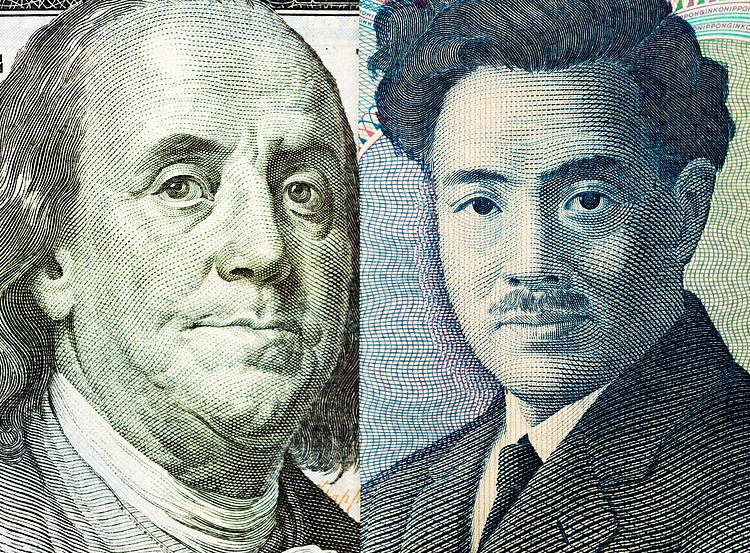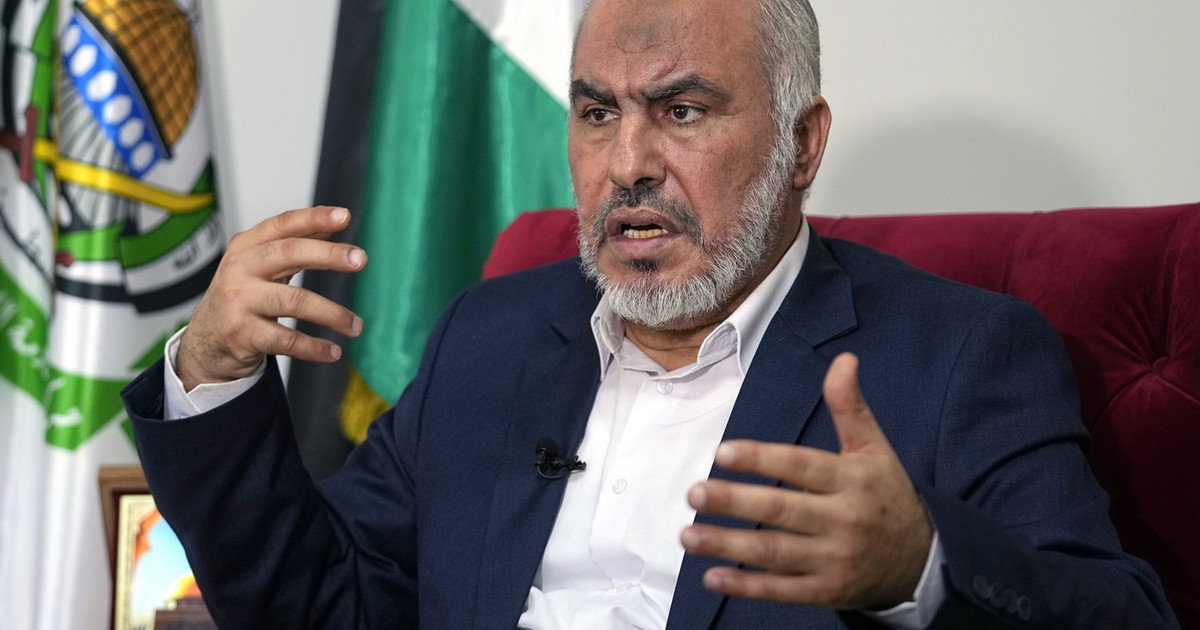In an interview with CNN This Monday (3), the chief economist at EQI Asset, Stephan Kautz, assessed that the market’s reaction on this first day after the first round of the Elections, when the Ibovespa jumped 5.5% and the dollar dropped 4%, was based on the composition of Congress.
“With the Senate more to the right – and it is a house that seals the proposals that come from the Chamber – it could avoid or block more unorthodox proposals [de um próximo governo]so the market reacted to that.”
According to Krautz, the market today reflected the “mixture of two effects”. “If Bolsonaro manages to be re-elected, he has a broad bench in Congress to advance his proposals, one of which is privatization. On the other hand, if it is a Lula government, we could have greater weights and balances within Congress. Even because, when we look at the participation of left-wing parties in the Chamber, it has changed little in relation to the current term, the change was more concentrated in the Senate itself, and a little more to the right in the Chamber.”
fiscal scenario
The economist also highlighted the country’s fiscal issue for 2023. “The main point for Brazil today is the fiscal issue. We have a deterioration in orders for next year due to the benefits that are being given this year, we have a very challenging international environment, with recession in the United States and Europe coming, with much higher interest rates. The cost of debt will be higher next year than this year with a primary that could be lower next year than this year.”
Therefore, according to Kautz, the market has observed which proposals for the fiscal guarantee that a possible deterioration for the coming year is transitory, and not permanent. “That’s what worries the market. As they both came up with the idea that the cap rule might be changed, the market was a little concerned about what the alternative proposal might be.”
This is because, according to the economist, “the team at the Ministry of Economy has been showing a very tight proposal”, with some directions in terms of debt level and fiscal trajectory, the two composing a single proposal. While on the side of former president Lula, there was not such a great clarity of what would be in place of this current proposal of the ceiling.”
So, he says, “this uncertainty with the fiscal year for next year and for the outlook for the coming years, brought some concern”, he concluded.
Kautz also highlighted that the trajectory of public debt is not at risk. “The point is that the more fiscal stimulus is done this year, the more adjustments have to be made next year. In the environment in which the economy will be receiving all the burden of interest rate increases that the Central Bank has made now, a more adverse international environment, with potential recession and higher interest rates, and taking the full impact of less stimulus as today”, he evaluates.
The economist also points out that, for 2023, revenue should grow less than this year, because growth will be lower. “So the fiscal challenge is greater.” Stephan Kautz explains that, “the market wants it, it’s not a fancy plan to solve everything next year, it’s transparency, clarity, on this trajectory for the coming years.”
And he warns that the international scenario is getting more and more complicated for Brazil, due to high interest rates. “It is increasingly important that this inspector is presented in a coherent way so that we can shield ourselves for this international rhythm. The more the world raises interest rates and the less it grows, Brazil is not an island, we will suffer the consequences.”
Ministry of Economy
Stephan Kautz also addressed the market’s doubt about who will command the economy for 2023, since it is necessary to have “a government assembly framework that guarantees the proposals when they reach Congress, they have a chance of being approved.”
“In terms of names, on Bolsonaro’s side, the continuity of the current minister Paulo Guedes is very clear. On Lula’s side, greater clarity is lacking. We understand that it is a profile that is still being defined, but it is still a team that is not very clear about who will take on.
central bank
The economist also highlighted the importance of the Central Bank’s autonomy, which, according to him, also helped to calm the market. “We have never experienced this in the electoral period, it has been a great victory. We see that the BC is isolated from this debate [eleitoral], even ended the cycle of monetary tightening and inflation is slowly decelerating and this Central Bank will be maintained for the next government. This is a sign of calm for the market.”
For him, the pre-election market had much less volatility and anxiety with this year’s elections than in previous elections, “precisely for this reason [da autonomia]”.
(Text published by Ana Carolina Nunes)
Source: CNN Brasil
Joe Jameson, a technology journalist with over 2 years of experience, writes for top online news websites. Specializing in the field of technology, Joe provides insights into the latest advancements in the industry. Currently, he contributes to covering the world stock market.






